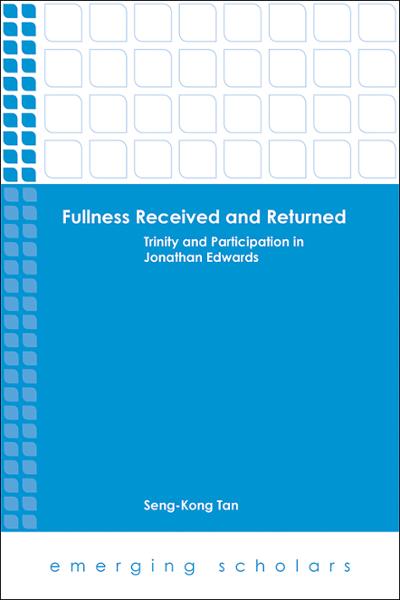Seng-Kong Tan argues that human participation in the divine—a classical theological axiom most notably associated with the Eastern Orthodox tradition—is a central theme in the theology of Jonathan Edwards. This notion, Tan contends, is a defining motif for the entire systematic sweep of Edwards’s theology, and it serves to focus and determine the contours of Edwards's thought. Fullness Received and Returned situates Edwards's theology within the folds of the classical theological tradition, while arguing that Edwards's is a unique and creative form of Reformed theology.
- Publisher Fortress Press
- Format Paperback
- ISBN 9781451469325
- eBook ISBN 9781451472424
- Dimensions 6 x 9
- Pages 528
- Emerging Scholars category Theology
- Publication Date January 1, 2014
Endorsements
"This profoundly scholarly treatment of Jonathan Edwards' Trinitarian theology underscores the theological prowess of Seng-Kong Tan. This discussion of the human participation in the divine life of God is a timely topic in understanding the nature of God’s action towards humanity and a way of recovery in moving beyond human self-realization and the utilitarianism that so marks our being in world."
—Charles Ringma
Regent College
"Seng-Kong Tan offers a comprehensive examination of Jonathan Edwards’s conception of human participation in the life of God—and in the process, a new way of appreciating both the originality and the deep rootedness in tradition of America’s greatest theologian."
—William Stacy Johnson
Princeton Theological Seminary
—Charles Ringma
Regent College
"Seng-Kong Tan offers a comprehensive examination of Jonathan Edwards’s conception of human participation in the life of God—and in the process, a new way of appreciating both the originality and the deep rootedness in tradition of America’s greatest theologian."
—William Stacy Johnson
Princeton Theological Seminary
